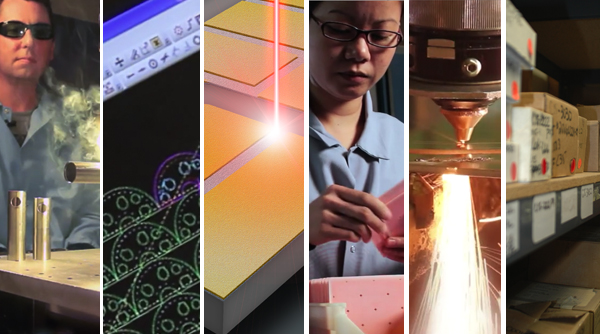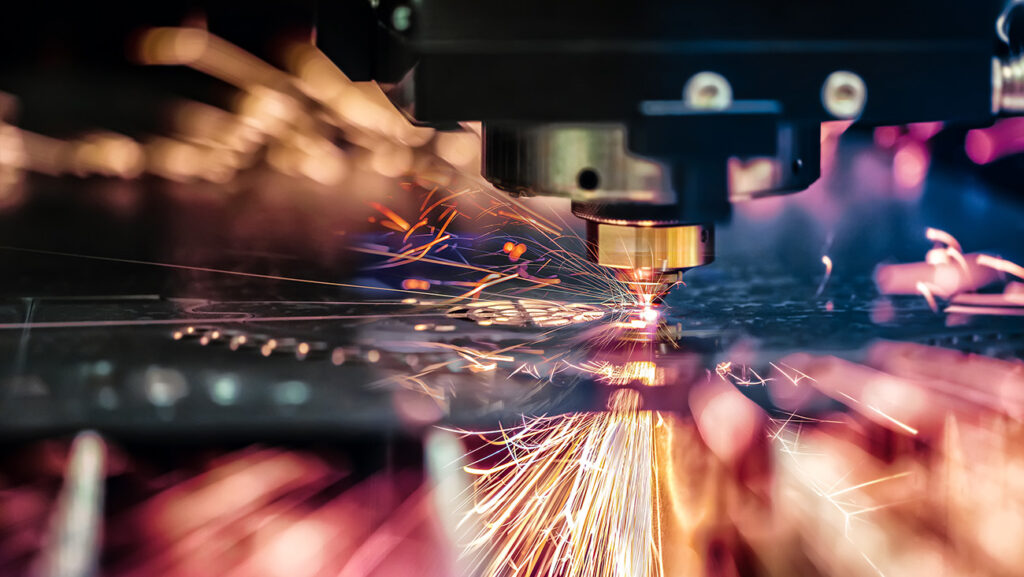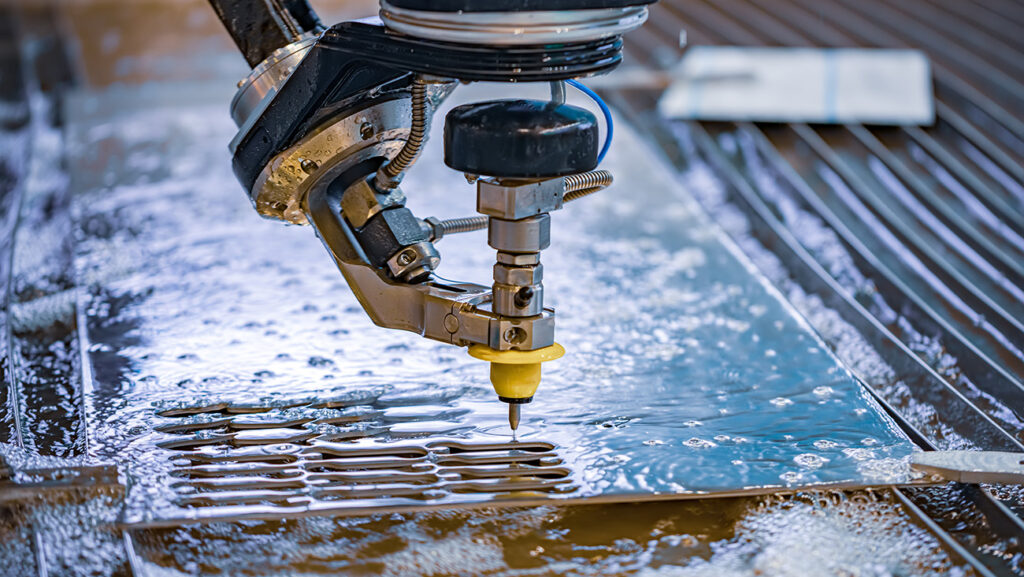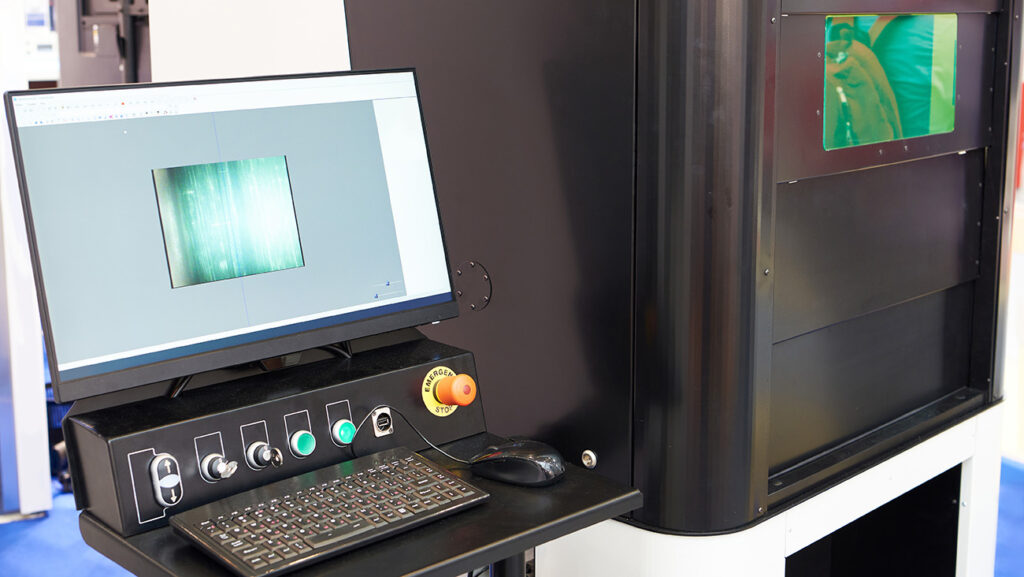Six Questions to Ask Your Laser Processing Partner
Posted on April 1, 2017 in Blogs

Asking the right Laser Processing questions early in the relationship can avoid challenges later.
If you think you might have a project that requires laser processing, such as cutting, welding, drilling, marking or etching, there are certain things you should find out before moving forward. Whether you are an expert in this field or only have limited experience working with a laser processing partner, knowing the right questions to ask is critical to ensure reliable supply chain.
The answer to that question is that your laser processing provider should assist you, as we are about to do in this article. Giving you the information you need for a successful project not only helps you; it also helps us. In fact, there is nothing more important to a successful project than an educated customer.
So, here are the six most important questions we think you should ask your laser processing partner before giving them your project:
1. Is this a good project for laser?
Some projects are more ideally suited for laser than others — and which projects are or are not good candidates for laser might surprise you. Contrary to what Hollywood might make you believe, lasers can’t cut through every material — and there are limits in terms of thickness for materials lasers can cut. On the other hand, some materials may just not be suitable for lasering. If it’s a welding job, you should know that some materials do not weld together. There are lots of other factors that go into whether or not the project is appropriate for laser, and your vendor should be able to go down the list and explain why or why not laser is a good fit for you. And if it is not, then the vendor should be able to suggest alternative technologies that might serve your needs better.
2. Is the work guaranteed?
This question brings up another question: What is guaranteed? Is it the cost of the project? Is it the cost of the material if the material is damaged? Is it the cost to the customer’s business (perhaps in lost business) if the finished parts are not completed on time and up to spec? Also, what type of guarantee is offered? Is it a refund? Is it a credit toward another project?
There is usually no one-size-fits-all answer to these questions. A lot has to do with risk, and the vendor should have a formal risk assessment program in place to determine risk. A reputable vendor will tell you if the project is high risk — risk that the work cannot be done, that it cannot be done within the specified time or budget, that your materials might be damaged, and so on. Generally, the higher the risk, the less of a guarantee will be offered — a credit, for example, rather than a refund, or maybe no guarantee at all.
3. How many years of experience does the vendor have serving customers in my industry?
Nothing beats real-world experience, especially when it comes to dealing with customers in particular industries. Working in medical products calls for a different kind of experience, for example, than does working in aerospace. Different industries have their own vocabulary, business practices, supply chains, standards of performance, regulations and innumerable other factors that a professional who is experienced in that industry would know. An experienced person will be able to recommend solutions to problems that someone with less experience probably would not think of. They will also understand immediately why certain methods and practices that work well in one industry might be out of the question in another.
By the way, a good measure of whether a vendor is right for your industry is whether the vendor has the appropriate certifications. Is the vendor ISO 9100 certified, for example? What about AS9100 (Aerospace Management Systems Quality Standard)? Are they ITAR (International Traffic in Arms Regulation) certified?
4. Does the vendor have a range of experience?
Deep experience in the customer’s industry is critical, but so is deep experience in many different industries. A range of experience means that the professional is less likely to be locked into “me too” thinking and more willing to consider creative alternatives — or more likely to borrow an approach that worked well for another customer. Just having to deal with a wide variety of problems across many industries makes the environment much more conducive to problem solving in general — so customers in all industries benefit.
5. Does the vendor provide all the services I need?
There are advantages to dealing with a provider who offers a wider range of services. In addition to cutting or welding, let’s say, do you also need assembly? What about packaging? Inventorying? Surface finishing? You might not even think of every service the service provider can actually provide — so ask the vendor. Using the same vendor for multiple services can cut down on paperwork, reduce finger pointing, improve quality and help get the project done faster.
6. What happens if a necessary machine breaks?
The equipment used in laser services is technically sophisticated, expensive, and hard to find — and often also highly customized. So, your vendor should not only be an expert in using this equipment but also an expert in maintaining it and (if needed) repairing it. A good indicator that this is indeed the case is if the vendor didn’t just take the machinery out of the box after it was purchased and set it up, but that they customized or actually even built a lot of the equipment themselves — and if they have the necessary parts on hand and also well-equipped machine shop to handle issues when they do occur.
Got a new laser processing or machining questions? Contact our technical support team.



